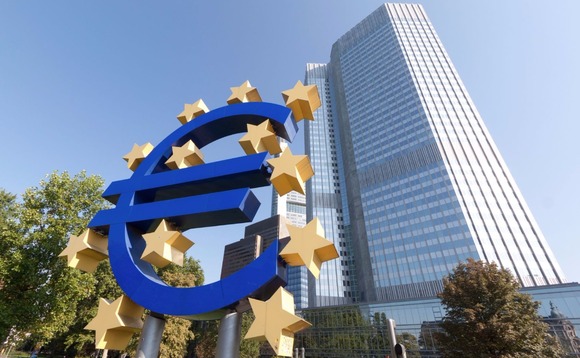The European Central Bank has raised interest rates for the first time in 11 years, to 0.5%, in response to eurozone inflation soaring to 8.6% in June.
Economists had been pricing in a hike of 25bps for some time, expecting the central bank to finally prioritise the rampant inflation over growth concerns. The latter was a particularly pressing issue in Europe since it had a direct, geographic exposure to the war in Ukraine, which meant it felt the impacts of the energy crisis even more intensely.
Seema Shah, chief strategist at Principal Global Investors, said that the end of the ECB era of negative rates brings with it significant economic concerns.
"The ECB is hiking into a drastically slowing economy, facing a severe stagflationary shock that is quite beyond its control, while also facing an Italian political crisis which presents a difficult sovereign risk dilemma. There is no other developed market central bank in a worse position than the ECB."
ECB signals first interest rate hike in a decade
Hinesh Patel, portfolio manager at Quilter Investors, noted that hikes would do nothing to quell the energy crisis, adding its stagnant approach had added additional pressure to the euro.
"The stall in industrial activity indicates that this rate hike is likely to have minimal impact. Headline inflation is now creeping into core which will be gravely concerning to the ECB, especially as costs now represent the most pressing problem for corporates in the region - particularly for the likes of Italy."
Garry White, chief investment commentator at Charles Stanley, added that with nation state economies remaining fragile, rates rising on longer term bonds in Italy and Greece will render it far more likely economies will fall into stagflation or recession.
Investors brace for slower global growth as European recession expectations grow
"The ECB hawks are sounding tough right now, but they may have to temper their talk and guidance to face up to the realities of weak government finances in the periphery - and the fact that a slowdown is already underway," he said.
"Adding to the complexity is Vladimir Putin's threat to reduce gas supplies to Europe in response to sanction over its invasion of Ukraine.
"This would result in another leg up for energy prices in Europe, and is an issue over which the ECB has no control."










